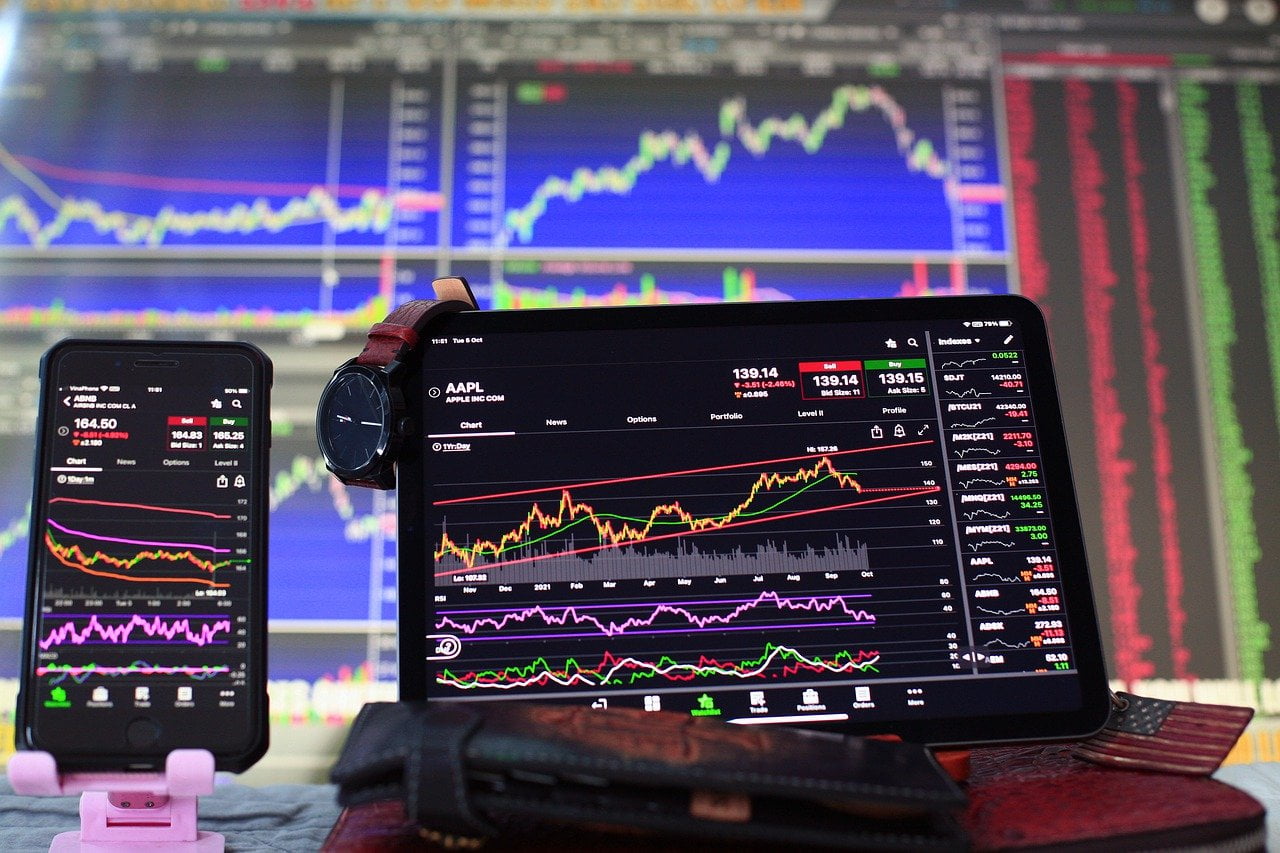The online retailer says it overordered last fall to avoid supply chain issues, but that backfired amid low demand
Aterian (NASDAQ:ATER) executives this week outlined the company’s take on performance over the next few quarters, and while light on earnings guidance, they confirmed slowing demand and rising inventory as COVID-19-related overstocking and unusually high inflation bite.
Q2 2022 hedge fund letters, conferences and more
Find A Qualified Financial Advisor
Finding a qualified financial advisor doesn't have to be hard. SmartAsset's free tool matches you with up to 3 fiduciary financial advisors in your area in 5 minutes. Each advisor has been vetted by SmartAsset and is held to a fiduciary standard to act in your best interests. If you're ready to be matched with local advisors that can help you achieve your financial goals, get started now.
Yaniv Zion Sarig, Co-Founder, President, CEO & Chairman and Arturo Rodriguez, Chief Financial Officer, answered analyst questions on an Aug. 8 conference call with analysts after it reported earnings.
Aterian's Quarterly Results
The company said before the call that it lost $16.3 million in its second quarter, or 26 cents per share excluding charges. Including nonrecurring costs, the loss per share was 17 cents. Aterian reported $58.3 in revenue in the second quarter.
Aterian operates a software program that uses data analytics and machine learning to consumers' buying habits. Put simply, Aterian identifies products with high search interest on online marketplaces, like Amazon's marketplace, and then markets the items through acquisitions and licensing partnerships with manufacturers.
Addressing issues affecting the quarterly results, they explained that demand is weakening while prices rise. That's a tough row to hoe, as shipping costs are a large part of operating expenses and one that drew analysts' attention.
Responding to a question about shipping costs and how they correlated with larger, harder-to-ship items the company primarily sells, Sarig noted increased costs for all package sizes.
"Demand is down across the board, which means that even smaller items are affected to some extent," Sarig told analysts. "We see the data pretty clearly. Demand is down across multiple categories in a way that is affecting all products."
That's got Aterian and online retailers, including Amazon (NASDAQ:AMZN), scrambling to blow out excess inventory, which often leads to discounting, not something good for profits.
He noted that he sometimes gets a sense of desperation among rivals when he notices prices he knows to indicate a vendor rushing for the door.
"Those are the places our team has to pay close attention to ensure that we don't react the wrong way," the CEO said. "So I think a combination of general inflation plus higher prices is causing a little bit more weakness than we would expect,
Aterian, like several rivals, needs to grow to compete; it can do that organically, raising capital to build new units or facilities or buy them. Aterian has made nine acquisitions during its existence. Sarig didn't mention any prospective deals either and said recent economic uncertainty and soaring shipping costs had shelved any near-term M&A plans.
"We think of M&A as a big part of our growth in the future," the CEO told analysts. But, he added, "it's something that we haven't put a date on."
Regarding inventory, the executives acknowledged that Russia's Ukraine invasion and four-decade high inflation derailed its strategic inventory purchases in September-October last year, trying to avoid supply chain issues. The company had about $75 million in inventory at the end of June.
"I would love to see that go down for sure. I don't think we're pointing to an exact number. I think if that was $10 million or $15 million lower, that'd be great. I think that would be awesome," Sarig said. "Hopefully, the world doesn't have any more black-swan type of surprises for us ahead."
Article by Greg Morcroft, Fintel






